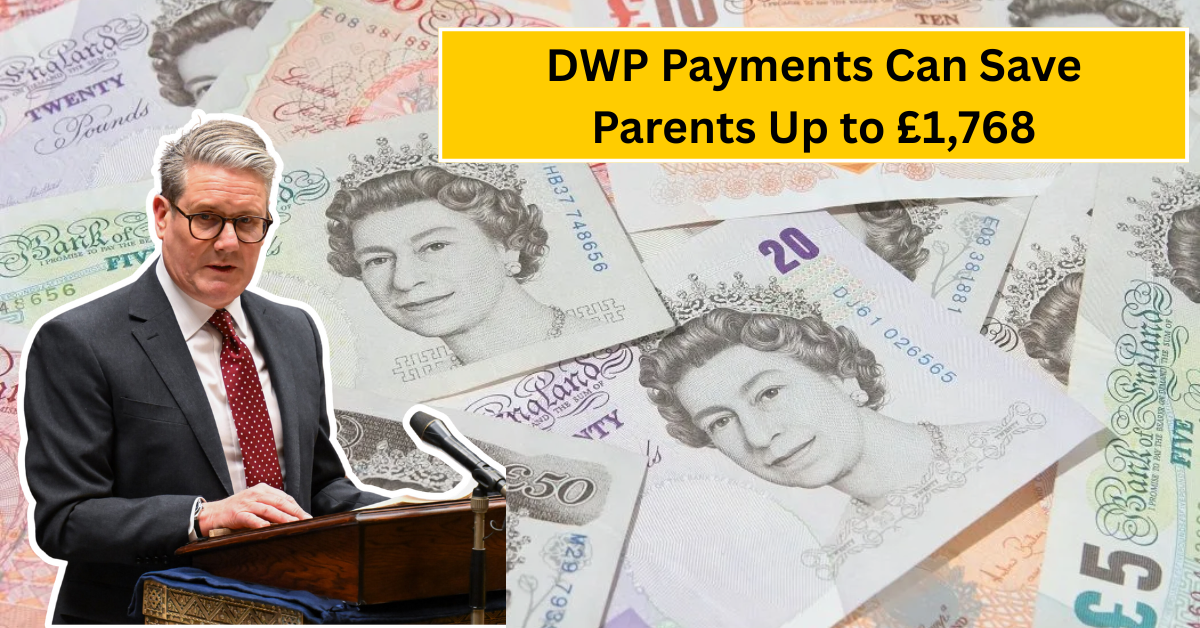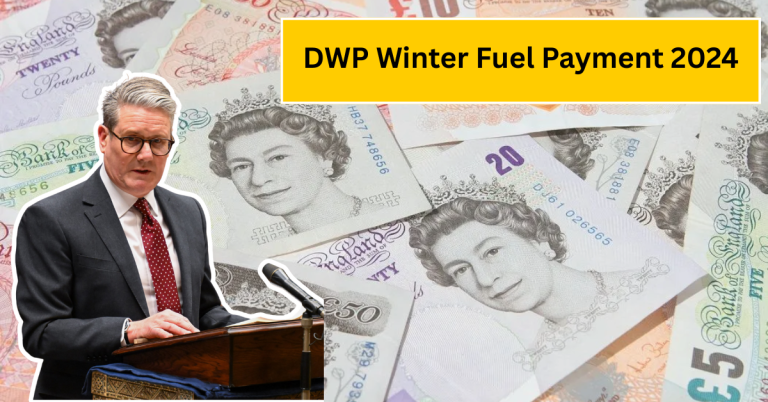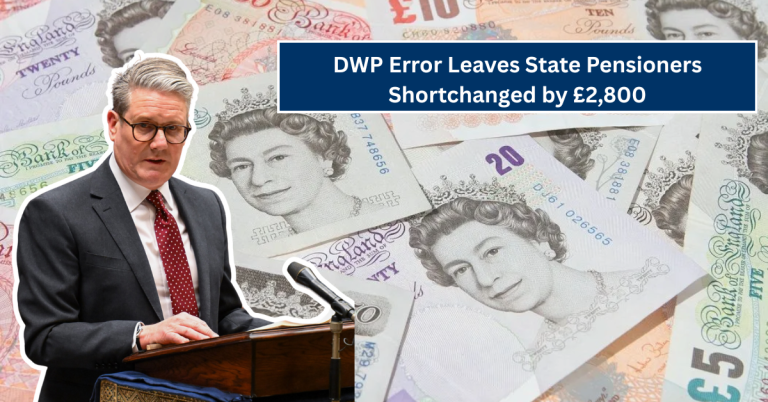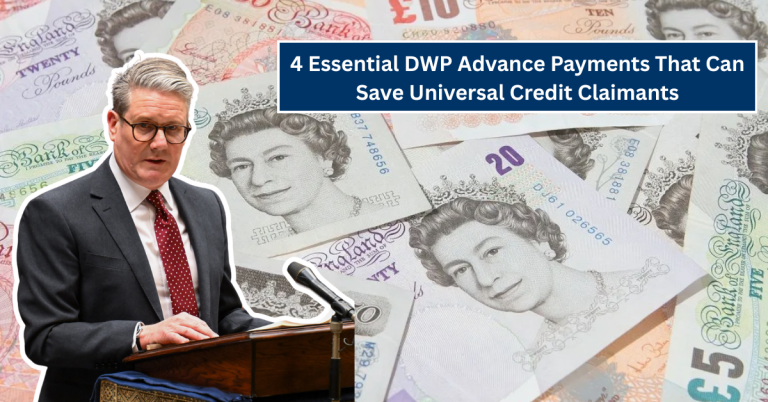
Many parents in the UK are missing out on crucial support that could save them up to £1,768 each year. The Department for Work and Pensions (DWP) offers various payments designed to help families manage the cost of raising children. However, not everyone knows if they are eligible or how to claim these benefits.
This article will explain who can claim DWP payments, the types of financial support available, and how you can apply. Whether you are a working parent or currently unemployed, understanding these benefits can ease your financial burden and provide much-needed assistance for your family.
What Are DWP Payments for Parents?
DWP payments refer to several government benefits aimed at supporting families with children. These include Child Benefit, Child Tax Credit, Universal Credit, and other income-related payments. By claiming these correctly, parents can save a significant amount each year on everyday expenses and child costs.
According to the official Gov.uk Child Benefit page, families can receive payments monthly depending on the number of children they have and their income situation.
Who Is Eligible to Claim These Benefits?
Eligibility for DWP payments varies depending on your circumstances, such as your income, employment status, and the number of children you have. Generally, you may be eligible if you are responsible for a child under 16, or under 20 if they are in approved education or training.
Low to middle-income families often qualify for Child Tax Credit or Universal Credit, which can increase the amount of financial help you receive. As per Entitledto.co.uk, millions of eligible parents fail to claim these benefits simply because they don’t know about them or assume they do not qualify.
How Much Money Can You Save?
Parents who successfully claim DWP payments can receive up to £1,768 or more annually, depending on their circumstances. This includes Child Benefit, which pays £21.80 per week for the eldest child and £14.45 for each additional child, and Child Tax Credit, which varies based on household income.
For example, if you are on a low income or unemployed, Universal Credit can offer monthly support towards your living costs, which helps complement Child Benefit payments. The combined effect can be a substantial increase in household income, as noted on the Money Advice Service website.
How To Apply for DWP Payments
Applying for DWP payments is straightforward. You can start by checking your eligibility on the official government website and then submit an application online. For Child Benefit, you can fill out a claim form (CH2) and send it by post.
If you want to apply for Universal Credit or Child Tax Credit, you need to create an online account on the Universal Credit portal and complete the necessary steps. It’s best to gather important documents like your National Insurance number, proof of income, and details of your children before applying.
Tips for Maximizing Your Claim
Make sure to keep your details up to date with the DWP, especially if your circumstances change, such as income fluctuations or changes in family size. Double-check eligibility criteria each year since rules may change.
Also, consider seeking help from local advice centers or charities that provide guidance on claiming benefits. They can ensure you claim everything you’re eligible for and help with the application process.
Conclusion
DWP payments can provide valuable financial relief to parents, potentially saving up to £1,768 annually. Knowing if you are eligible and how to claim can make a big difference to your family’s budget. Take a moment today to check your eligibility and apply for these benefits to ensure you do not miss out on the support you deserve.






